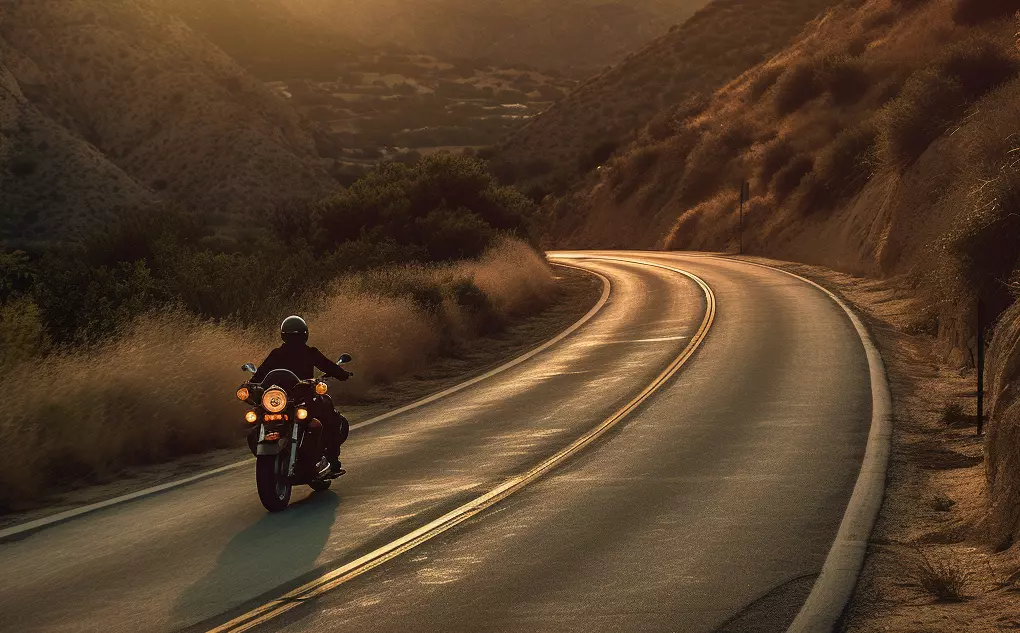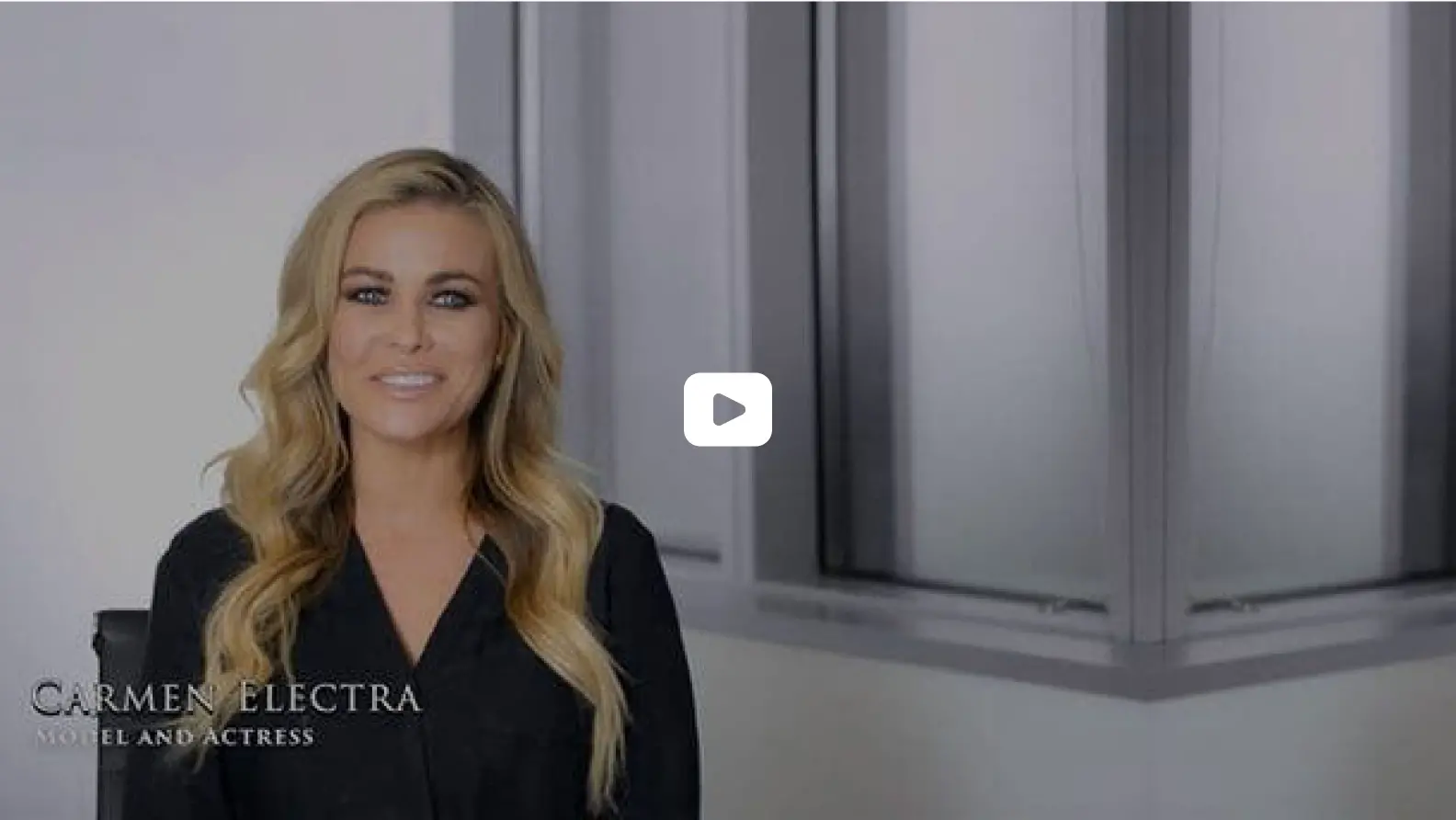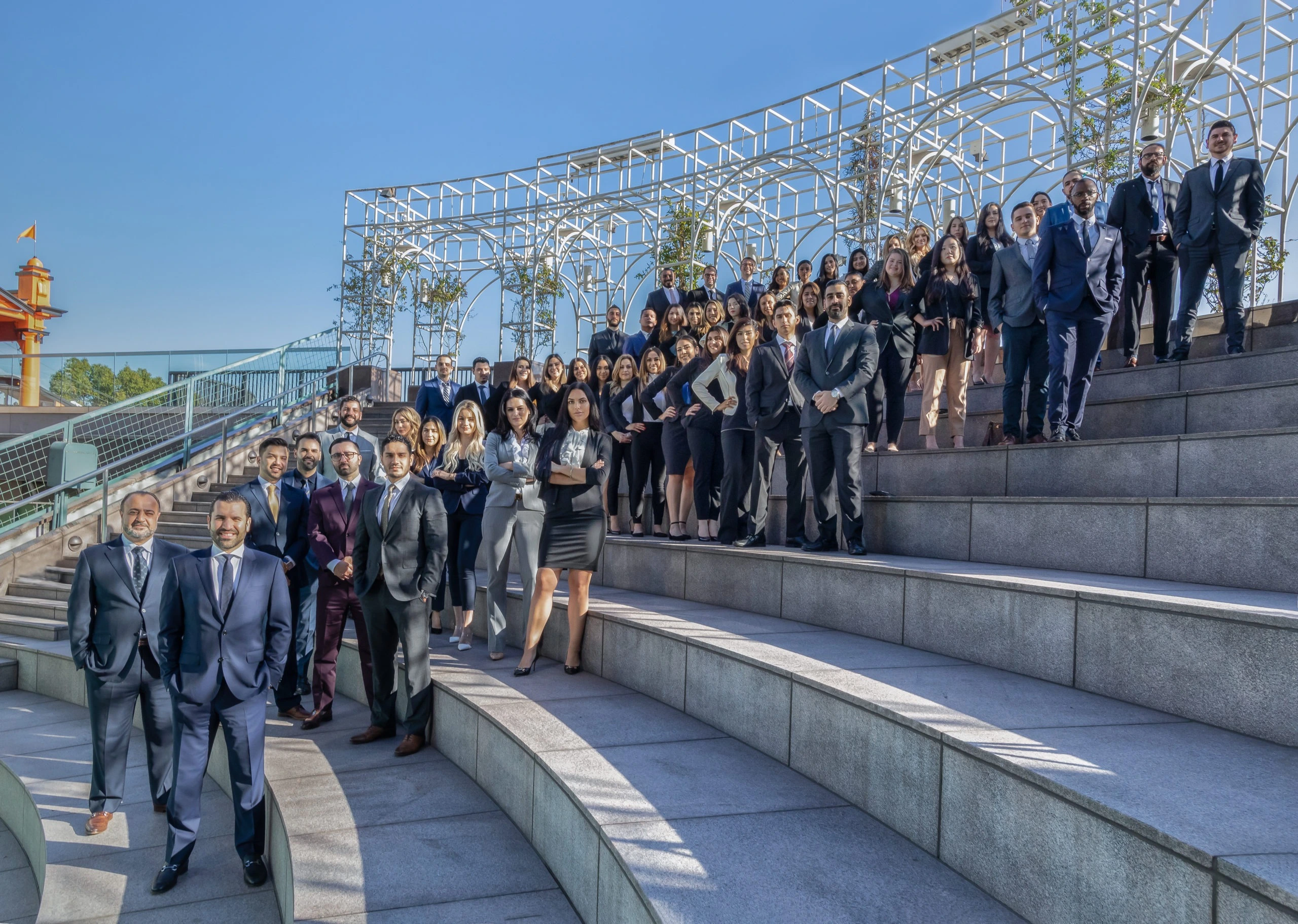
10 Motorcycle Riding Tips (that riding veterans sometimes forget)
A growth mindset is healthy for all hobbies and activities, but perhaps more so in motorcycle riding. Even veteran riders should ask themselves, "How can I ride more safely?" As motorcycle technology and road rules change, so should we as riders.
Most of us ride motorcycles because they're fun, can cut through traffic, and they're fast. But because we don't have the same protections as cagers (car drivers, for you non-motorcyclists), safety is our top priority.
Our experienced motorcycle accident attorneys have put together a good list of riding tips that will help you stay safe and actually enjoy your time on the saddle--even if it involves commuting to work.
1) Keep all of your motorcycle riding gear in good condition
This might be obvious, but keeping our riding gear in good condition is sometimes an afterthought. But without door panels, airbags, and a roof to protect ourselves, all we have is our riding gear.
Make sure your helmet isn't older than five years and that it's free of dents and scratches. After five years, sweat and other debris will deteriorate the quality of the padding and foam inside the helmet. So if the smell doesn't force you to buy a new helmet, maybe knowing it's not as safe anymore will.
You should strongly consider replacing your helmet if you've ever dropped it. Nothing hurts more than seeing your $500 noggin protector fall off a table and hit the floor, but even small drops can cause structural damage to the helmet. Any weakness in the helmet's construction can significantly affect its safety profile.
Check your boots, jackets, gloves, and other riding equipment to ensure nothing is peeling or tearing, especially at the seams. If you maintain your riding gear, it should last years without issues.
Remember, the price of a jacket or helmet isn't worth the pain and harm of wearing bad riding gear.
2) Maintain your motorcycle and run through your daily checklist
Most days, we want to gear up, hop on our motorcycles, and ride off into the wind. But taking the time to go through a safety checklist before ripping the throttle onto the road can mean life or death!
We enjoy motorcycle maintenance here at West Coast Trial Lawyers. There's nothing better than putting on some music or an audiobook on a Saturday afternoon and wrenching away on our bikes. We encourage you to learn how to maintain and repair your motorcycles. If not, at least take it to a qualified mechanic.
Your checklist before riding should involve the following:
- Check your chain's slack and condition
- Inspect your brake pads and rotors
- Ensure your throttle and throttle cables are moving safely and smoothly
- Check your tires for any cracks or hazardous objects
- Check your oil by pulling your bike upright and looking at the oil window on your engine
- Double-check your brake lights and turn signals
- Push down on your handles to make sure your forks spring back correctly
This checklist shouldn't take more than one minute and could save your life.
3) Let your bike and tires warm up before riding normally
All you have between you, your bike, and the road are small contact patches on your tires--the area of your tires that touch the road. You want your tires to be warm when riding, so ride cautiously before it can gain some temperature.
Road tires are designed differently than racing tires, but the concept of achieving a performance temperature is the same: at the correct operating temperature, your tires will have the grip and braking performance they were designed for.
The same goes for your engine and other parts of the bike. Allow oil and fluids to flow through the system and the brake pads to warm slightly before accelerating or braking hard.
4) Practice slow speed maneuvers on your motorcycle
There's nothing more embarrassing than wobbling or toppling over on your motorcycle in public because you can't roll slowly in traffic or make a slow-speed turn.
When we see a rider sticking both feet out to come to a stop, or paddle walking their bike to navigate a tight turn, we know they lack some experience.
Although motorcycles, especially sportbikes, are getting lighter than to advancements in material technology, they're still heavy compared to us. When a motorcycle travels at high speeds, plenty of forces keep us upright and balanced as we accelerate, turn, and stop.
But at slow speeds, it's all about balance and skill.
Take your motorcycle to an empty parking lot or the DMV testing area on the weekends (when they're closed) and practice maneuvering your bike around cones. See if you can roll to a complete stop without taking your feet off the pegs, then setting just one foot down. And try riding your motorcycle at a walking pace in a straight line without taking your feet off the pegs.
5) Imagine no one sees you; you are invisible
At least one time in your life inside a car, you thought, "Wow, I did not see that motorcyclist!"
Motorcyclists have a very small profile compared to cars, which seem to be getting bigger by the year. You need to ride as if other motorists can't see you--because they can't.
We see too many motorcycle accident cases where drivers say they never saw the motorcyclist coming, and it's sometimes difficult to find the driver liable.
It's not just a matter of who's at fault because the reality is even if it's 100% the driver's fault, the motorcyclist is the one that is banged up and injured. Or worse.
Be cautious, don't ride in blind spots, and assume drivers can't see you even if they seem to be making eye contact with you.
6) Slow down, live to ride another day
You're thinking, "How is this a riding tip?" It's a reminder that just because you can doesn't mean you have to.
Slowing down, whether on a motorcycle or in a car, is a key to better reaction times and maneuverability.
Drivers have difficulty gauging the speed of a passing, crossing, or oncoming motorcyclist because of the rider's small profile. Many drivers have told us they thought they could turn or cross an intersection in time.
Give yourself a chance and slow down to react to another driver's decisions.
That leads us to our next tip.
7) If you want to go fast, reserve a track day
Public roads are for everyone, but race tracks are for the racers. Or at least the speedy motorcyclists who want to have a little fun.
It is much safer - and way more fun - to be on a race track designed for pushing your motorcycle to the limit. There are experienced riders that can give you tips, medical personnel nearby, and plenty of run-offs in case you happen to go down.
Track days look pricey online, but we'd rather spend a day zipping around the track than spending tens of thousands on hospital and ambulance bills.
If the track seems daunting, you'll like our next tip.
8) Take a performance motorcycle riding class
A performance motorcycle riding class, or racing school, can teach you what you and your motorcycle are capable of. You'll learn how quickly you can turn corners and change direction and how hard you can brake before raising your rear wheel.
You'll also learn where to direct your vision (the old saying is "you go where you look") so you don't drift into another rider or onto the dirt.
A few of us at West Coast Trial Lawyers have taken courses like these, and the results are always the same: tons of fun and lots of learning.
9) Stay fit; use your body to steer
If you've been riding for some time, you'll know that you can't be a passive motorcyclist on the saddle. You have to use your body.
When you accelerate, brake, and lean into corners, all the forces exerted on your body take muscle strength to maneuver.
Your leg muscles help you grip the gas tank when you brake or lean into corners. Your abs and lower back help keep you stable and upright when braking or being hit by winds of over 60 mph.
Basic calisthenics exercises like push-ups and sit-ups aren't just good for your health but will make riding your motorcycle much easier.
10) Be careful when carrying a passenger and give instructions before riding
As fun as it is to ride our motorcycles solo, it can be equally fun to carry a passenger.
Always have your passenger mount the bike after you, ensuring the passenger footpegs are folded down and ready to use.
Let your passenger know that they should hold onto your waist, and if possible, place a hand or two on the gas tank when braking so they don't get shoved into you.
You should also tell your passenger to pretend they're like a sack of potatoes. A sack of potatoes won't fight against turning and leaning; it will just lean over with the bike.
Contact experienced motorcycle accident attorneys when you need them
We'd prefer our two-wheeled friends to stay safe and never have to call us. But when our motorcyclist friends end up injured due to the negligence of other drivers, we're always here.
West Coast Trial Lawyers has been rated a #1 personal injury law firm, serving hundreds of motorcyclists in California. We understand the nuance of motorcycle accident cases and will always fight on behalf of our clients.
While doctors, nurses, and other attorneys treat motorcycling like it's a crime, we understand motorcyclists' passion for being on two wheels. Call us anytime for a free consultation.
We'll hit you with a rider's wave the next time we see you on the road.




